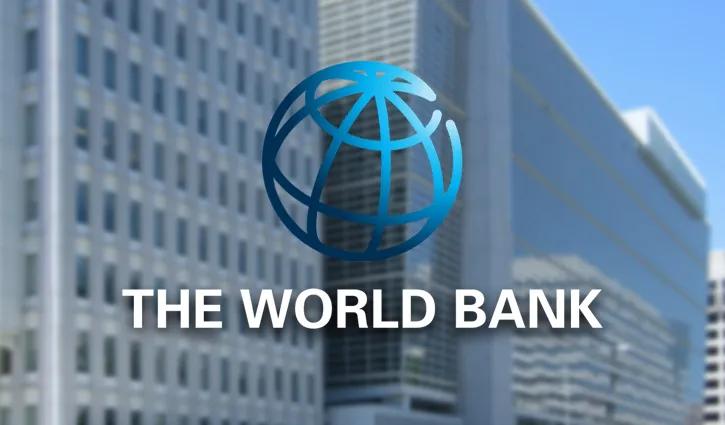According to the World Bank, Pakistan’s GDP predicted to fall by at least 18 to 20 percent by 2050.
It is as a result of severe climate-related events, environmental degradation, and air pollution.
Prediction of World Bank Regarding GDP of Pakistan
The World Bank claimed that climate change has had a significant impact on Pakistan in a special note titled “Climate Silence in Pakistan,” citing changes in weather patterns and destructive floods as examples.
8 out of 10 Pakistanis worried about the effects of climate change overall.
Women and those with higher education showing greater concern.
When climate change paired with economic problems, people are more likely to view it as an urgent issue.
Real Issue
People with the least education are more likely to be distrustful of all sources of climate information.
There is a strong desire among parents to educate their children about climate change.
Still, very few of them have conversations about it at home.
Support for individual and governmental action against climate change is weak, despite widespread concern about the issue.
Instead of emphasizing the impact on the environment, methods for incentivizing climate action should concentrate on successfully promoting behavioral change through financial savings.
Natural Disasters in Pakistan
Pakistan is experiencing an increase in natural disasters like floods and rising temperatures as a result of climate change, just like many other developing countries.
Nonetheless, despite substantial evidence highlighting the consequences of climate change, a more analytical understanding of the drivers of individual perceptions and behaviors in relation to climate change in Pakistan is required.
To fill this void, this policy note investigates the role of socioeconomic factors in shaping people’s perceptions of climate change and the actions that influence its impact.
Individuals’ experiences with income shocks can influence how they view climate change.
People who have lost income due to events such as the COVID-19 pandemic or floods are more concerned about the effects of climate change.
Priority
When questioned directly, people express concern about climate change and its effects, but addressing it may not always high on their list of priorities.
The findings of World Bank show that when economic issues presented first, as opposed to social issues, there is a statistically significant increase of 4 percentage points in the likelihood that people will consider climate change as an important issue.
This explained by the idea that pollution and climate change are economic problems, and that emphasis on economic problems draws more attention to them.
Furthermore, among those with higher education levels, there is a more noticeable difference between the two groups’ priorities regarding climate change based on the order in which the issues are presented.
To read our blog on “Bloomberg predicts shocking downfall for rupee in year 2024,” click here.
